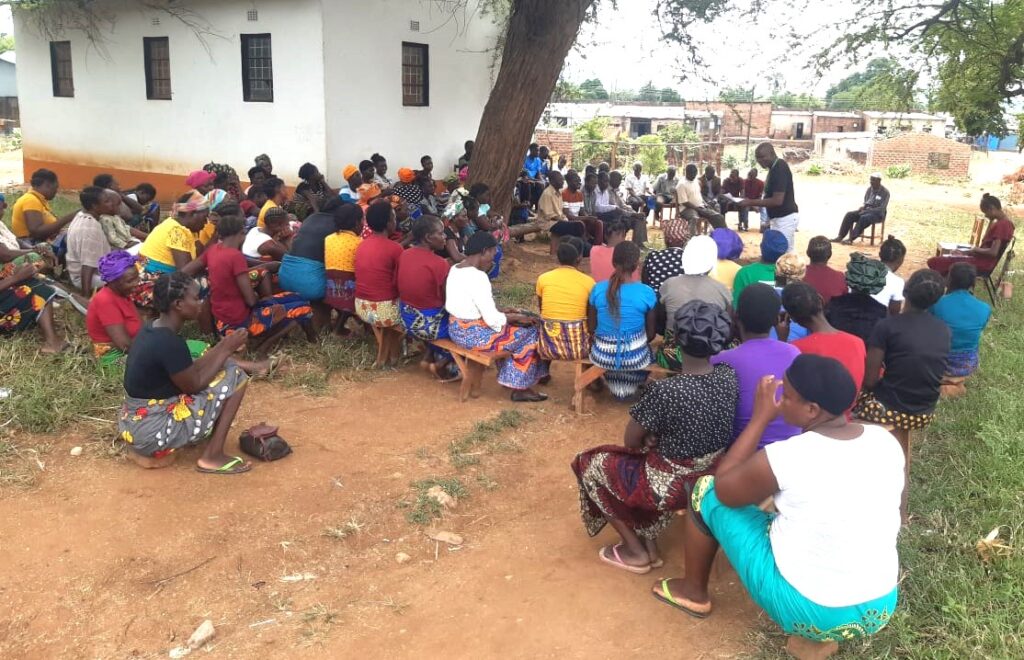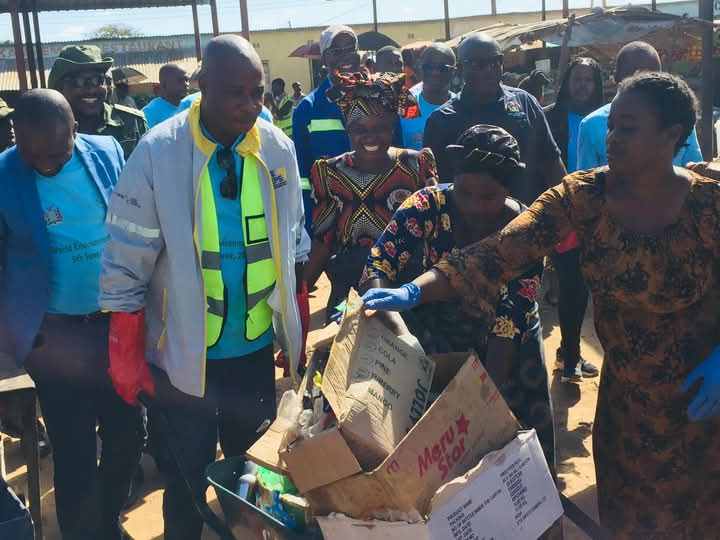By Jennifer Mwanangombe – Programme Coordinator, Environment & Extractives.
Introduction
Zambia is endowed with abundant natural resources, particularly copper, cobalt, and other valuable minerals, which drive a significant portion of the country’s economy. However, communities residing in close proximity to mining sites often bear the brunt of environmental degradation, social disruptions, and economic disparities. This article outlines a comprehensive approach to empower these communities, fostering sustainable practices within Zambia’s extractive industries.
Rationale
The extractive industries in Zambia have historically prioritized resource extraction over environmental stewardship and community well-being. Communities near mining operations frequently experience pollution, habitat destruction, displacement, and limited access to economic opportunities. Empowering these communities is not only a moral imperative but also a strategic necessity to ensure the long-term viability and sustainability of Zambia’s extractive sector.
By actively involving local communities in decision-making processes, we can harness their indigenous knowledge, address their concerns, and collaboratively design solutions that mitigate environmental harm while maximizing socio-economic benefits. This approach aligns with the United Nations Sustainable Development Goals (SDGs), particularly SDG 8 (Decent Work and Economic Growth), SDG 12 (Responsible Consumption and Production), and SDG 16 (Peace, Justice, and Strong Institutions).
Action Steps
1.Establishing Inclusive Dialogue Platforms
- Facilitate the creation of community liaison committees and participatory decision-making mechanisms involving representatives from local communities, mining companies, and government bodies.
- Encourage regular meetings and open dialogue to address concerns, share information, and collaboratively develop solutions.
2.Enhancing Community Participation and Representation
- Ensure equitable representation of community members, including marginalized groups, in decision-making forums and committees.
- Implement capacity-building initiatives to equip community members with the necessary skills and knowledge to engage effectively in these processes.
3.Capacity Building and Skills Development
- Develop and implement training programs on environmental management, land rights, sustainable livelihoods, and advocacy skills.
- Collaborate with local educational institutions and civil society organizations to deliver these training programs.
4.Strengthening Legal Frameworks and Accountability
- Review and strengthen existing legal frameworks to safeguard the rights and interests of communities affected by mining operations.
- Establish robust grievance mechanisms and oversight bodies to address community complaints and promote transparency and accountability.
5.Promoting Sustainable Livelihoods and Economic Diversification
- Facilitate the development of alternative livelihood opportunities and income-generating activities for communities affected by mining operations.
- Encourage mining companies to invest in local economic development initiatives and support small and medium enterprises.
6.Environmental Monitoring and Restoration
- Involve local communities in environmental monitoring and impact assessment processes related to mining activities.
- Develop and implement community-driven initiatives for environmental restoration and habitat preservation in affected areas.
Expectations
By implementing this comprehensive approach, we anticipate the following outcomes:
- Reduced environmental degradation and social conflicts associated with resource extraction.
- Improved resource management and enhanced resilience to environmental shocks.
- Stronger trust and collaboration between stakeholders, leading to inclusive and equitable development.
- Increased economic opportunities and diversified livelihoods for local communities.
- Enhanced environmental stewardship and preservation of natural habitats.
Conclusions
Empowering communities within Zambia’s extractive industries is not only a moral obligation but also a strategic imperative for achieving sustainable development. By fostering meaningful dialogue, enhancing community participation, strengthening legal frameworks, and promoting economic diversification, we can create a more equitable and resilient extractive industry sector that benefits all stakeholders involved. This article presents a comprehensive and actionable plan to address the challenges faced by mining communities in Zambia, laying the foundation for a sustainable and prosperous future for generations to come.



